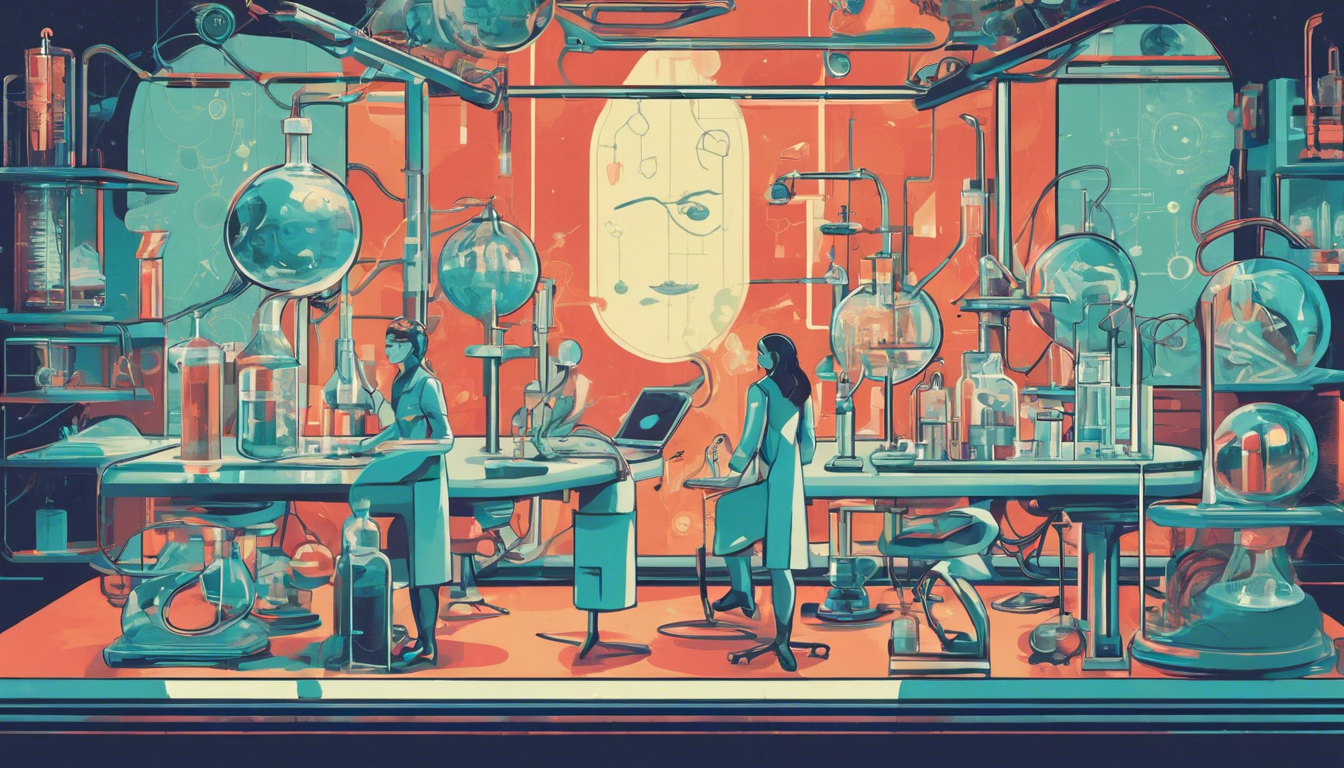Table of Contents
As we stride deeper into the 21st century, artificial intelligence development is at the forefront of technological innovation, reshaping everyday life and business landscapes alike.
From automating mundane tasks to offering sophisticated solutions in healthcare and finance, AI’s remarkable evolution is transforming various sectors with unprecedented speed.
This article delves into the critical advancements in AI, particularly in machine learning and neural networks, addresses the ethical considerations guiding these innovations, and explores future trends that may further unlock the potential of artificial intelligence.
Join us as we navigate this exciting frontier, examining how artificial intelligence development is set to redefine our society and industry in the coming years.


Ethical Considerations in AI Development
As we navigate the rapidly evolving landscape of artificial intelligence development, ethical considerations have emerged as a critical component of the discourse surrounding AI technologies.
It is essential for developers, researchers, and policymakers to address the moral implications of AI systems to ensure they contribute positively to society.
Issues such as bias in algorithms, data privacy, and the potential for job displacement are at the forefront of this discussion.
Moreover, transparency and accountability in AI decision-making processes are vital to build trust among users.
Engaging in ethical AI development not only helps foster an inclusive environment but also mitigates risks associated with autonomous systems.
As we move forward, incorporating ethical frameworks into the artificial intelligence development lifecycle will be crucial for realizing the technology’s potential while safeguarding human values.
Future Trends and Predictions in Artificial Intelligence
As we look to the future, the landscape of artificial intelligence development is evolving at a rapid pace, promising to reshape various sectors in ways we have yet to fully realize.
One of the most significant trends is the integration of AI into everyday applications, enhancing user experiences in everything from customer service to healthcare diagnostics.
Moreover, the push for ethical AI frameworks is gaining momentum, as developers and organizations strive to ensure that artificial intelligence is not only advanced but also responsible.
Another notable prediction is the expansion of AI capabilities through quantum computing, which could potentially allow for breakthroughs in processing power and problem-solving.
Finally, the rise of AI democratization will enable more individuals and small businesses to harness the power of artificial intelligence development, fostering innovation and creativity.
As these trends unfold, it’s clear that the future of artificial intelligence will be characterized by accessibility, responsibility, and incredible technological advancements.
Frequently Asked Questions
What are the key advancements in artificial intelligence development?
Key advancements in artificial intelligence development include improvements in machine learning techniques, enhanced neural network architectures, and the integration of AI in various industries, leading to more efficient problem-solving and automation.
How do neural networks contribute to AI progress?
Neural networks are crucial for AI progress as they enable systems to recognize patterns, process large datasets, and improve decision-making capabilities.
Their architecture mimics the human brain, allowing for complex computations and learning from examples.
What ethical considerations should be taken into account in AI development?
Ethical considerations in AI development include ensuring transparency in AI algorithms, addressing bias in AI systems, prioritizing user privacy, and implementing regulations to prevent misuse of technology.
What are the future trends we can expect in artificial intelligence?
Future trends in artificial intelligence may include greater automation of tasks, advancements in natural language processing, increased use of AI in healthcare, and improved human-AI collaboration tools that enhance productivity.
How will artificial intelligence impact society and industry?
Artificial intelligence will significantly impact society and industry by transforming workflows, increasing efficiency, creating new job opportunities, enhancing decision-making, and leading to innovative solutions in various fields such as healthcare, finance, and education.
